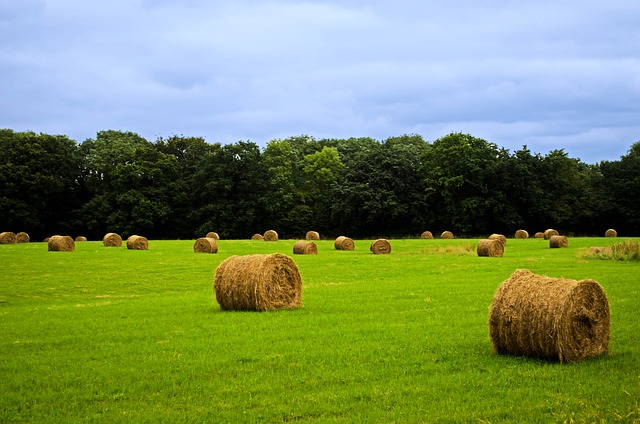
The Tenant Farmers Association is urging the Chancellor of the Exchequer to review the taxation of farmland, particularly in relation to farm tenancies, as part of the new Government’s first Budget this week.
Speaking ahead of this year’s Livestock Event, TFA Chief Executive George Dunn said “There is a growing consensus that the taxation environment within which rural landlords make decisions about land use is encouraging a plethora of short term interests in land and that this is leading to unsustainable economic outcomes within the agricultural sector. This situation cannot be allowed to continue. This has also been recognised by the Scottish Government which has made the case for Westminster to use its reserved powers in the taxation arena to secure better practice from the landlord community north of the border. Now is the time for these issues to be considered properly”.
“Tenant farmers want to be part of delivering the Government’s long term economic plan bringing income generation, jobs and growth to Britain’s rural areas. As farming entrepreneurs they need secure access to land to start, progress and develop businesses. However, currently, tenants are restricted in achieving these goals due to limitations in accessing Farm Business Tenancies (FBTs) with sufficient lengths of term,” said Mr Dunn.
The TFA believes that short term tenancies are holding back progression, investment and sustainable land use. FBTs have been too short for too long and now is the time for that to change. The TFA believes that average lengths of term on FBTs should be 10 years or more and that the Government should be using fiscal levers to achieve this.
The TFA has asked the Chancellor to look at the following:
• Restricting the generous, 100% relief from Inheritance Tax (currently available to all landlords regardless of the length of time for which they are prepared to let land) only to those prepared to let for 10 years or more.
• Clamping down on those land owners who are using share farming, contract farming, share partnerships and grazing licences as thin veneers of trading activity as vehicles for aggressive tax avoidance since in practice they take no risk, have no entrepreneurial input and lack any management control.
• Offering landlords prepared to let land for 10 years or more the ability to declare their income as if it was trading income for taxation purposes.
• Reforming Stamp Duty Land Tax to end the discrimination against longer tenancies.
• Requiring landlords over whom the Government has influence (for example The Crown Estate) to default to using 10 year plus farm tenancies.
